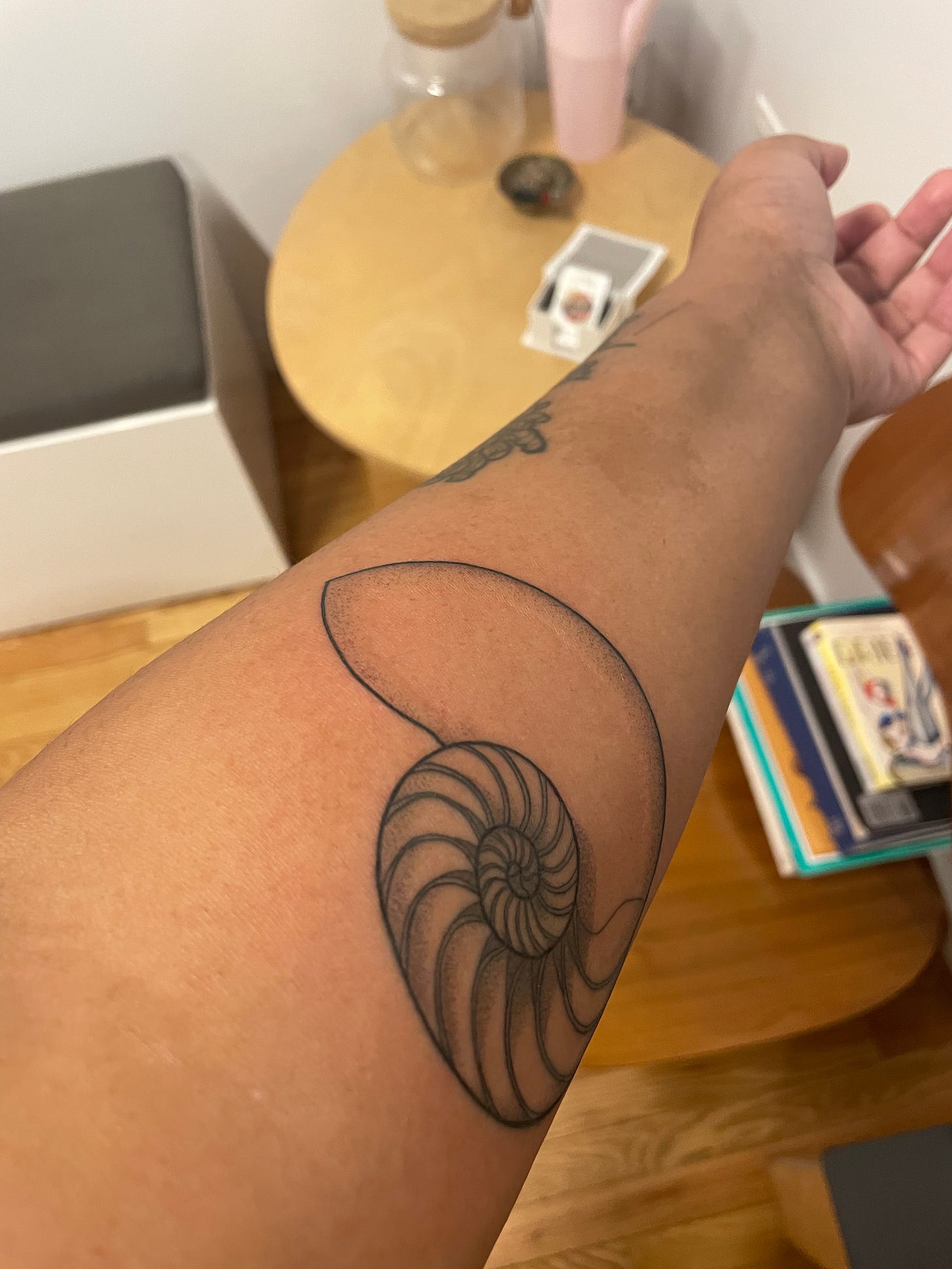
There are many instances in our lives in which we allow space for critiques. Our grades at school, performance reviews at work, ratings on products and services if we run businesses, and if you're anyone who has gone to school for writing, design, or fine art, critiques are an essential part of your creative development and academic advancement. Certainly, there are instances in which we should leave our critiques to ourselves (and perhaps not even have them at all), specifically when we are critiquing things that disregard the humanity and worth of people. Critiques about bodies, sexuality, gender, race, skin tone, disabilities, and pretty much anything associated with an -ism seldom come from a space of wanting to participate in thoughtful discourse as much as they are byproducts of living and participating in a hierarchy that only values people who look, present, and behave a very specific way. In fact, I wouldn’t even consider them critiques so much as they are blatant criticism coming from a space of negativity.
While some may believe we're living in a time where we've become more socially aware than ever thanks to the internet and to a larger degree, social media, the concept of critiques (which can arguably lead to more awareness) having positive value seems to elude many of us. Whether it is calling in a prominent figure for making problematic comments, critiquing the work of a beloved musician who missed the mark on their latest single, or asking hard questions about how we may be complicit in things that cause other people harm, critiques are always met with someone ready to counter them without considering the validity of them.




